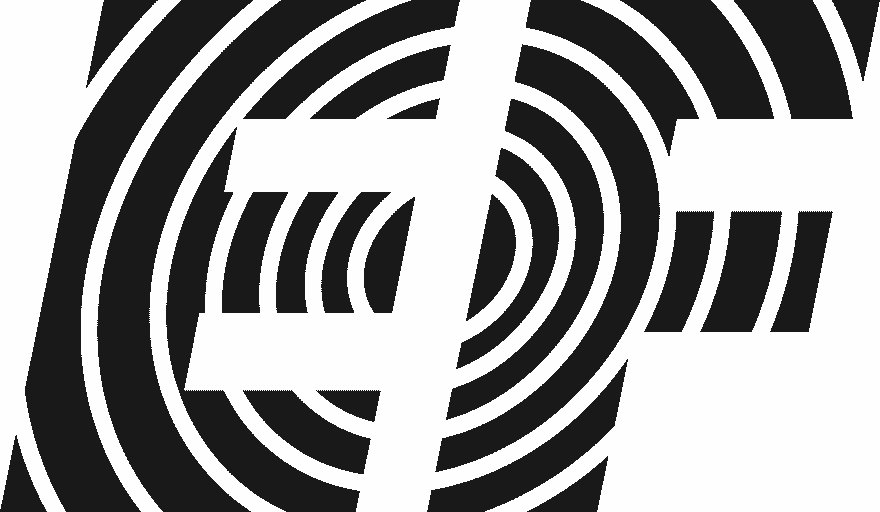Through the HL lens, Environmental justice is introduced and is embedded throughout the course. A wider range of methods to measure and monitor sustainability are included such as biocapacity, carbon and water footprints, the SDGs and planetary boundaries. Doughnut economics and circular economic models are introduced and evaluated. These are also embedded throughout the course.
In addition to the seven SL topics, students will study an additional three topics. First, Environmental Law considers how environmental law is constructed, the idea of constitutionalism, the scope and scale of these laws, International law, courts and tribunals, and how the law works with sustainable management of resources. Second, Environmental Economics compares traditional economics, markets and measures of growth with environmental and ecological economics. It considers how we can place value on nature, the possibilities of de-growth and circular and doughnut economic models. Third, Environmental Ethics considers what ethics is and ethical frameworks, the concept of ethical value and moral standing, approaches to ethics, the appeal to nature fallacy and how environmental and social justice movements are converging on common ground. Not unlike the SL course, this course also requires hands-on work in the laboratory and/or out in the field. Students will access much of the curriculum through project-based learning and international case studies.


)
)

